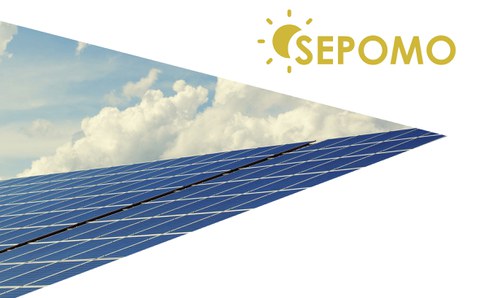Apr 17, 2018
SEPOMO project meeting in Dresden
Organic solar cells (OSCs) have the potential to become an environmental friendly, inexpensive, large area and flexible photovoltaics technology. To improve their commercialization capacity, to compete with established power generation and to complement other renewable energy technologies, the efficiency of state-of-the-art OSCs needs to be further improved.
This is the mission of the EU-ITN project SEPOMO (Spins in Efficient Photovoltaic devices based on Organic MOlecules), for which about 40 researchers met from April 9 to April 13. The interdisciplinary (physics, chemistry, engineering) project trains strongly motivated early stage researchers for a career in science and technology. The European consortium consists of 8 academic partners (Universities of Groningen, Oxford, Chemnitz, Angers, Würzburg, Mons, Dresden and the institute for materials science in Barcelona) and 3 industrial partners (Merck, Heliatek and Kurt Lesker) and has the potential to commercialize the results.

